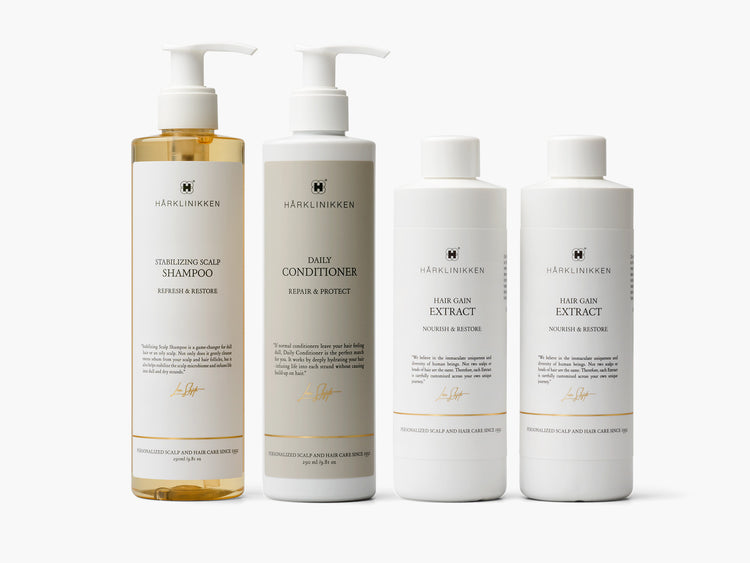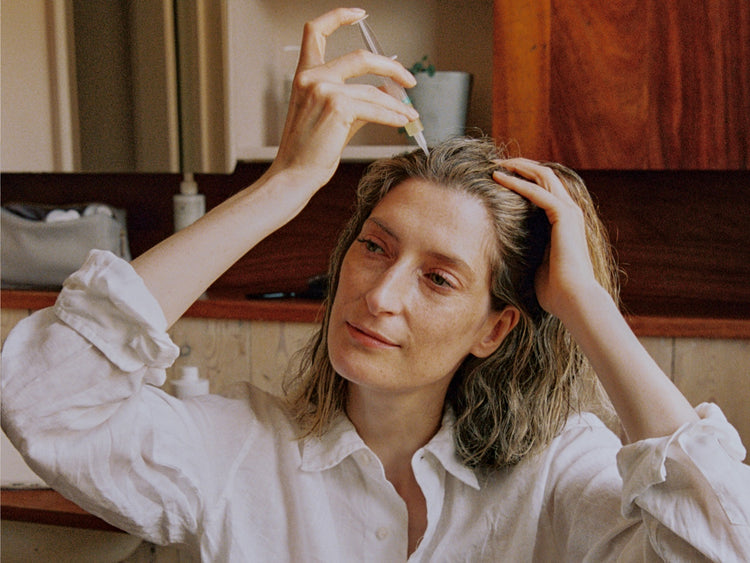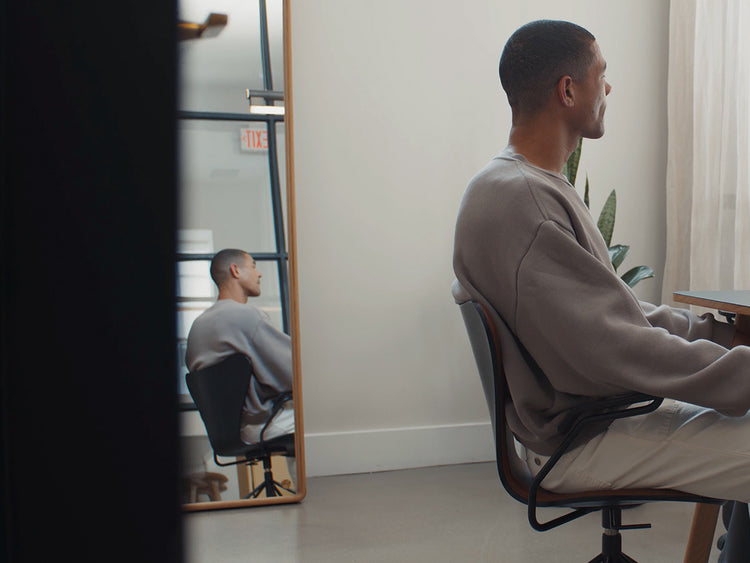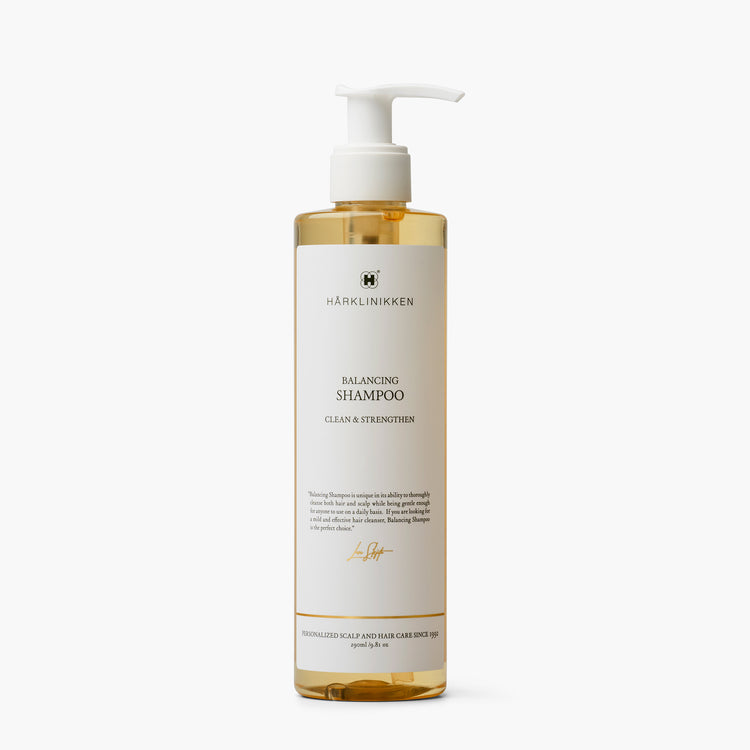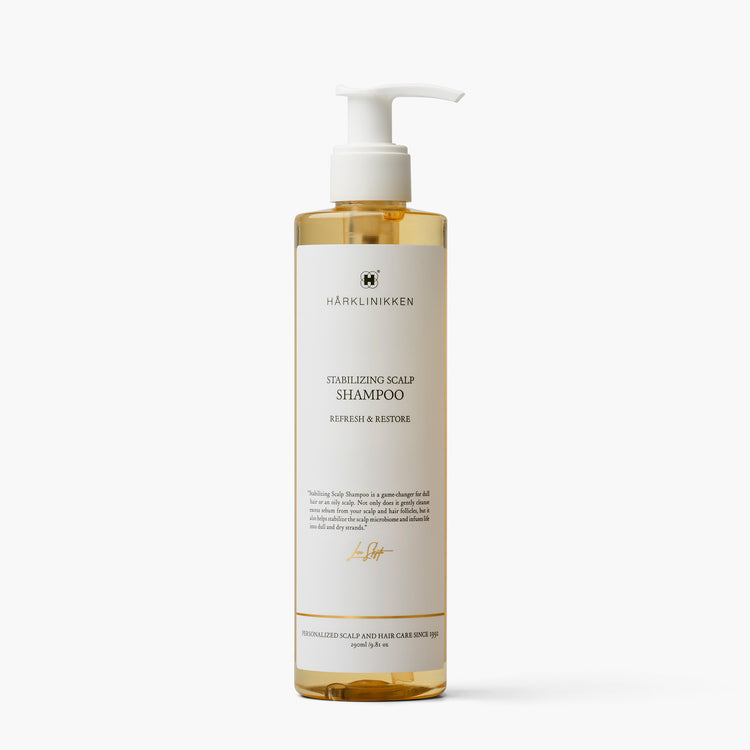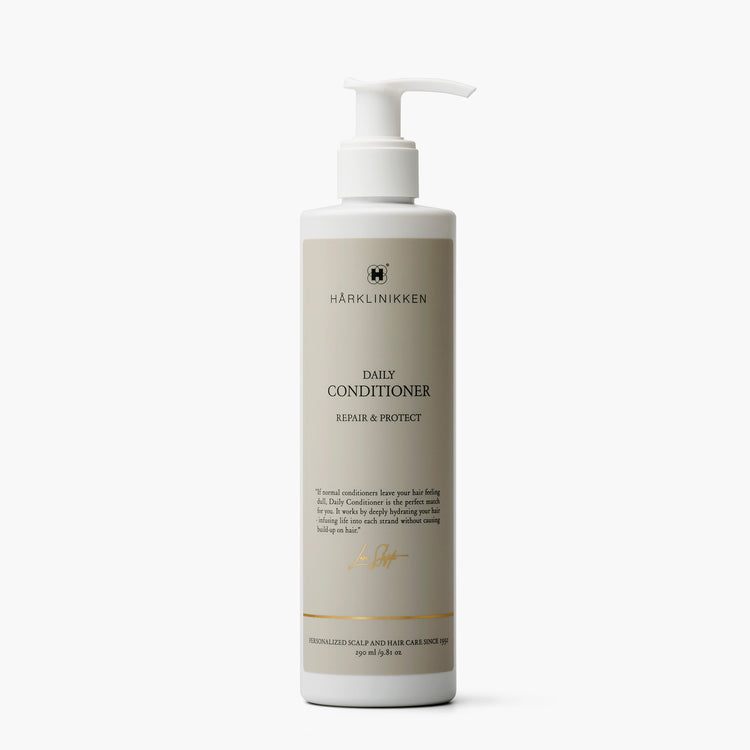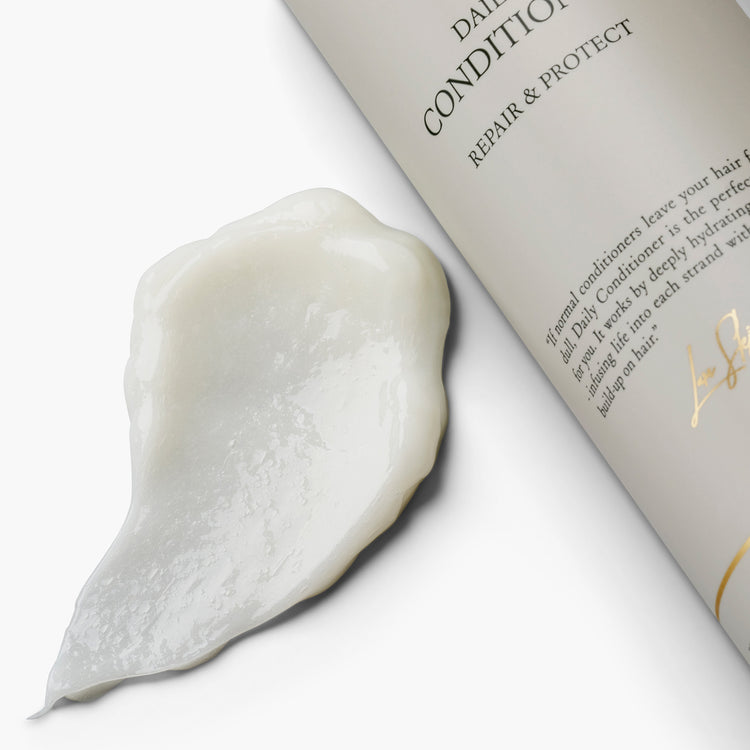The internet abounds with theories and myths about the ways exercise and sweat can help and hinder the hair growth cycle. Let’s clarify some of those concepts, starting here: exercise is crucial to your wellbeing – and that includes your scalp and hair health.
Whether you prefer pilates or pickleball, ballet, boxing or bootcamp, working out is essential. But, like everything in life, it’s important to create balance and moderation.
Does exercise cause hair loss?
There’s no scientific evidence to suggest that moderate exercise causes hair loss. It’s only when that exercise becomes too frequent or extreme that it can take its toll. Excessive exercise can be linked to telogen effluvium (excessive shedding) due to the stress the body is under from physical strain, rapid weight loss, or nutrient deficiencies. Stress itself doesn't cause hair loss, but it can lead to changes in the serum level of many hormones including glucocorticoids, catecholamines, growth hormone and prolactin. A number of these changes are necessary responses, but some can lead to several endocrine reactions and even disorders. Cortisol is the main glucocorticoid released when we are stressed, and this affects the cyclic regulation of the hair follicle and can lead to increased hair loss.
What is considered excessive exercise?
Everybody is different, but if exercising feels like a compulsion, if you’re obtaining injuries, dramatically losing weight, feeling exhausted or moody, you could be working out too much. The USA’s Centers for Disease and Control and Prevention recommends adults get “150 minutes of moderate-intensity physical activity” per week, including muscle-strengthening workouts on two days out of seven. The British Heart Foundation agrees, saying that 150 minutes across the week is a good amount and adds that it can be made up of sessions "as little as five or 10 minutes” at a time.
How does stress affect your scalp and hair health?
When it comes to stress, it’s important to remember it isn't just emotional, it’s also physical. Placing your body under extreme pressure can lead to injuries, muscular aches and joint pain – and it can have consequences beyond that. Stress can lead to increased sebum production from the oil glands in the hair follicles due to the hormonal changes that occur when stress is increased. This can lead to more severe conditions like dandruff, scalp dermatitis and follicle inflammation – all of which can cause hair loss and thinning. As mentioned, the hormonal changes from stress can also lead to telogen effluvium, a condition where the hair’s normal life cycle is disrupted, causing less hair to remain in the growing phase and more hair to suddenly enter the resting and shedding phases. It manifests as widespread hair loss and thinning. Once the stress is alleviated, the hair growth cycle should return to normal but quite often the hair doesn’t return with the same quality.
Does a lack of exercise cause hair loss?
An inactive lifestyle isn’t healthy in any way, and it may affect your scalp and hair health as insufficient physical activity can lead to poor circulation. Hair follicles are surrounded by blood vessels that nourish them and support the delivery of nutrients, therefore poor circulation to these vessels can lead to the follicles underperforming. Exercise also helps with stress and helps reduce cortisol and other stress hormones – all of which can cause hair loss and thinning when out of balance.
Does sweat cause hair loss?
No, not if you’re frequently cleansing your scalp and hair in the correct manner and with a shampoo that is beneficial. There are approximately 100,000 sweat glands on your scalp (and between two and four million on your entire body) that produce sweat. Made up of 99% water and 1% fat and salt, sweat is naturally produced to moderate body temperature – so it makes sense it occurs even more when you’re working out. When sweat builds up for too long on the scalp, it can impact the scalp microbiome in a negative way as microorganisms thrive where there is an excess of oil and heat, which can lead to dandruff, dermatitis and even hair loss. Ultimately, if you have a robust cleansing routine, sweat won’t damage your scalp or hair health.
The verdict
When it comes to your hair, moderate exercise helps boost circulation to your follicles, reduces stress, and promotes better sleep – all factors that can benefit your scalp and hair health. Just make sure your cleansing and exercise routines match.
Exercise Essentials
Stabilizing Scalp Shampoo
More than just a cleanser, our Stabilizing Shampoo also nourishes the scalp and protects your hair. Uniquely formulated with constituents found in our burdock root extract, it’s designed to optimise conditions of your scalp for healthier, stronger and more lustrous hair.
Balancing Shampoo
Formulated with mustard seed oil, our Balancing Shampoo cleanses the scalp from oil and product buildup while strengthening hair. Unlike many shampoos on the market that can leave your hair dry and your scalp feeling tight or irritated, this formula provides a thorough cleanse that’s gentle enough to use daily.
Fortifying Shampoo
Formulated with aloe vera, our Fortifying Shampoo is a super-gentle cleanser that also helps protect and hydrate hair, making it an excellent choice for people with dry, damaged, or colour-treated strands.
Daily Conditioner
Packed full of botanicals, our Daily Conditioner is a powerful but lightweight product that protects and hydrates. This silicone-free product has been carefully formulated to help with moisture retention, ultimately improving your hair’s elasticity, smoothness and softness.
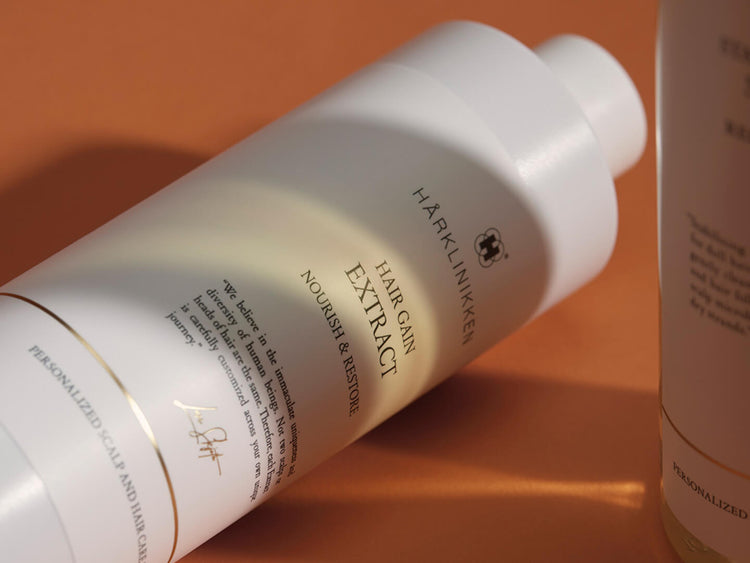
Unsure where to start?
We only accept candidates who we believe we can help, which is why our online Hair Assessment is the best place to start. Based on your results, you will either qualify for immediate treatment or we will organize a consultation.
